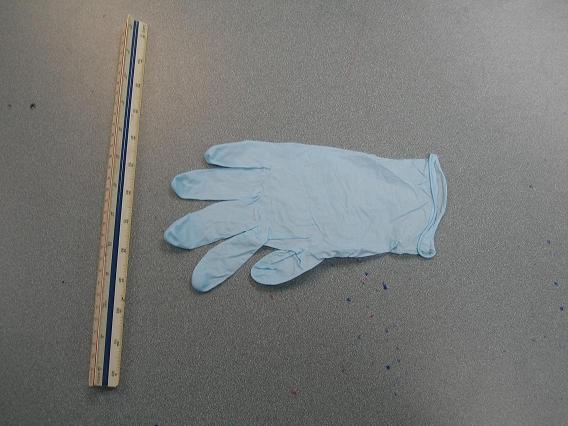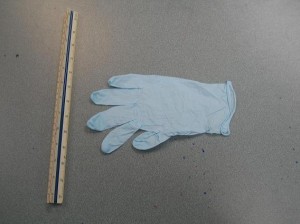While providing a casualty with first aid, consider safety first and make sure it is safe for you to perform first aid. Additionally, you must also make sure that the casualty is not harmed any further as well, as some injuries make victims more susceptible to infection. While making sure you are safe from infection, you must also ensure that the casualty is as well. In case of heavy bleeding, do not read further and simply apply pressure using your bare hands without worrying much about infection as the excessive bleeding alone can be a potentially life threatening condition. To learn effective “hands on” lessons on aiding in situations with external bleeding, bodily fluid and the possibly of disease transmission take a first aid course with a St Mark James provider.
Standard precautions
Standard precautions are the principle means of ensuring infection control in while performing first aid on general conditions. Body fluids such as blood are considered to be the medium for infectious materials to spread and cause infectious diseases.
There are some precautionary steps which you must take while performing first aid on a casualty to prevent infections:
- Before administering first aid, make sure you wash your hands thoroughly with soap and water.
- Do not touch objects with your bare hands if you suspect they are contaminated with any infection causing media.
- Make sure you wear personal protective equipment such as gloves, goggles and
Gloves are a essential component of preventing disease transmission when providing CPR or first aid. face masks before administering first aid.
- Do not make contact with your hand to your mouth including eating and drinking.
- Make sure you wash contaminated clothing using household grade bleach for about 30 minutes, before washing it normally.
- Make sure you discard your gloves once you have used them and wear fresh ones if you are going to handle another casualty, in order to prevent cross-infection.
- Do not re-contaminate yourself by touching used gloves or contaminated clothing.
- Seek medical attention if you suspect that you may be contaminated with infection causing media such as blood or any other body fluids.
Personal Protective Equipment (PPE)
These include:
- Gloves
- Masks
- Goggles
- Protective covers or gowns
- Aprons
- Enclosed footwear
Washing your hands
Your hands are the primary means of infection spreading from one person to another. Therefore, washing your hands is a vital measure to ensure the control of infections from spreading. Make sure you wash your hands regularly, especially before and after administering first aid, to ensure that you, the casualty or anybody else is not contaminated.
For regular hand washing, you have to wet your hands properly and lather them with soap. Rub your hands vigorously for about 15 seconds and rinse them by submerging your hands in water. Wipe your hands with a disposable paper towel. In order to prevent dryness of your hands due to regular soap and water washing, pat your hands with the towel instead of rubbing them. If you are using a fabric towel, make sure you use a fresh one each time after administering first aid.
Infection causing activities
These include:
- Going to the bathroom
- Physical examination of a victim or patient
- Handling objects that have been touched by the casualty or have been contaminated with the casualty’s blood, saliva or any other bodily fluids
- Direct contact with body fluids; excretions and secretions
Use soaps with neutral pH for regular hand washing. Avoid the use of washing scrubs in regular terms as they may result in scratches and abrasions, allowing the release of blood and thus, causing infections from taking place. Use washing scrubs for personal use only and do not share them with anyone.


